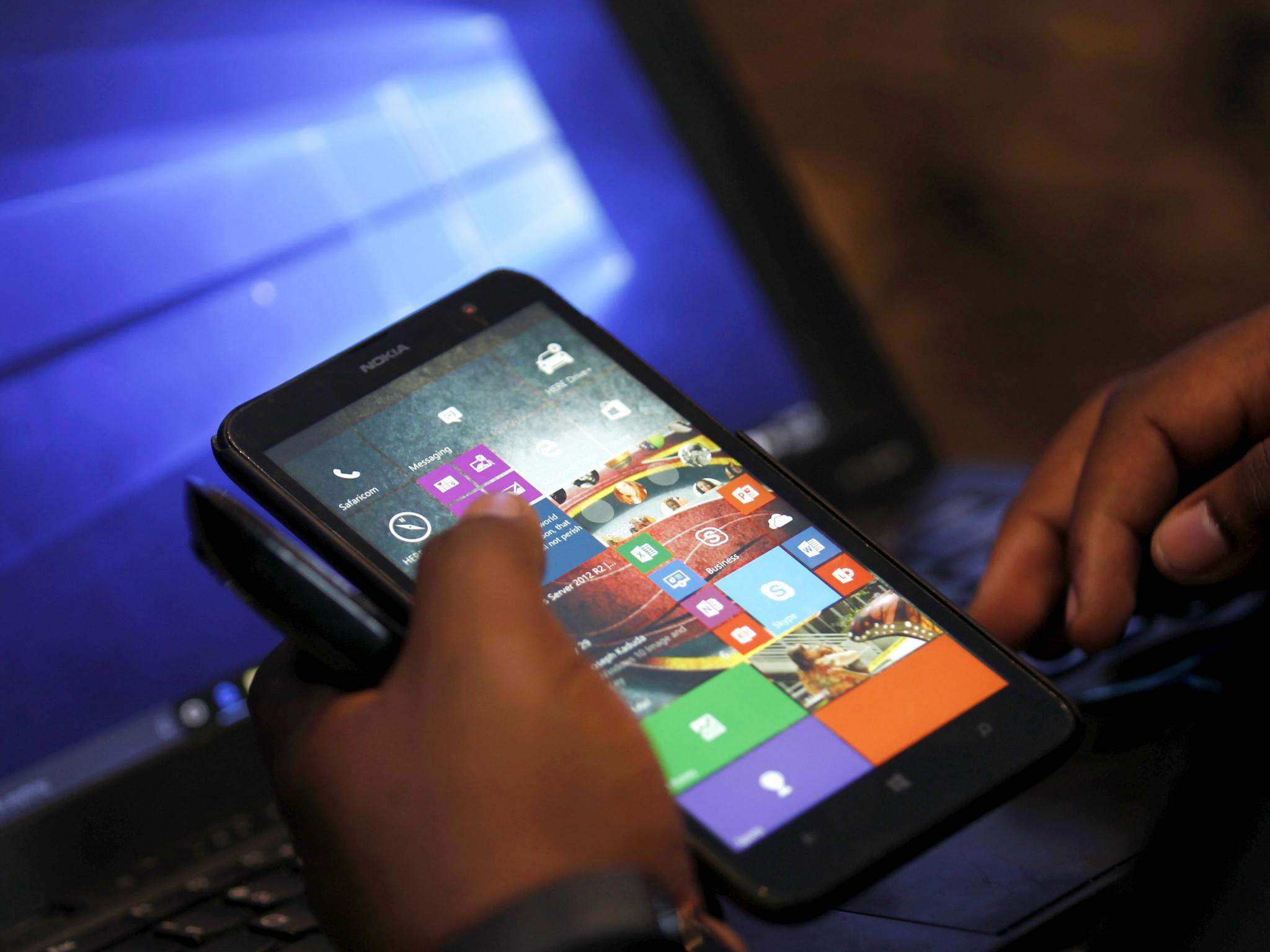Windows Phone dead: Microsoft finally gives up on unloved operating system
'Volume of users is too low for most companies to invest'

Microsoft has finally given up on Windows Phone.
The company’s mobile platform has been floundering for several years, and the announcement will take very few people by surprise.
It came via Joe Belfiore, who confirmed the decision came down to a shortage of apps.
“Of course we'll continue to support the platform.. bug fixes, security updates, etc. But building new features/[hardware] aren't the focus,” he wrote over the weekend.
“We have tried VERY HARD to [incentivise] app devs. Paid money.. wrote apps 4 them.. but volume of users is too low for most companies to invest.”
A crippling shortage of popular apps has always been Windows Phone’s biggest problem, and Microsoft never managed to address it.
The software’s user interface was vastly different to those of Android and iOS, and widely praised, as were many of the handsets Nokia built for the platform.
However, they could never make up for the app problem.
Mr Belfiore also admitted to switching from Windows Phone to a rival mobile platform. Bill Gates recently did the same thing, choosing Android over the iPhone.
That said, Windows Phone still has some fans, and Microsoft will continue rolling out security updates to keep them protected.
Join our commenting forum
Join thought-provoking conversations, follow other Independent readers and see their replies
Comments
Bookmark popover
Removed from bookmarks